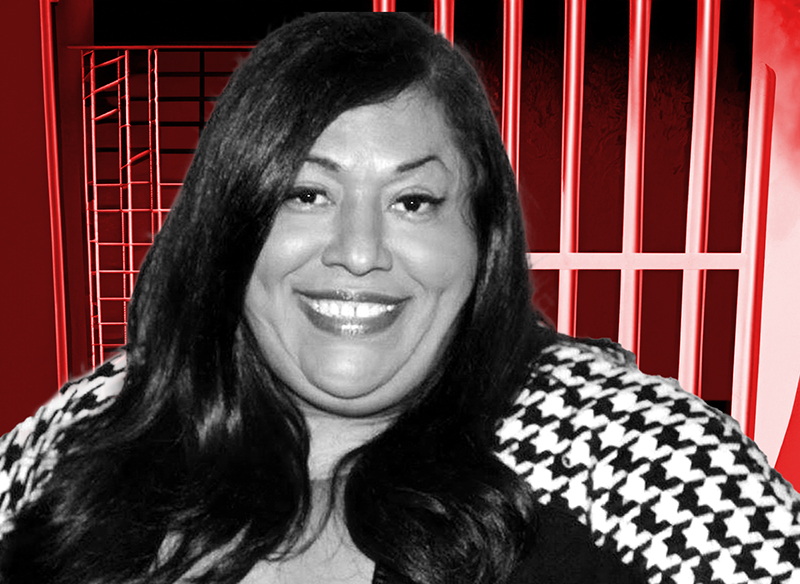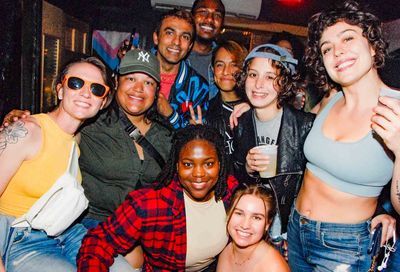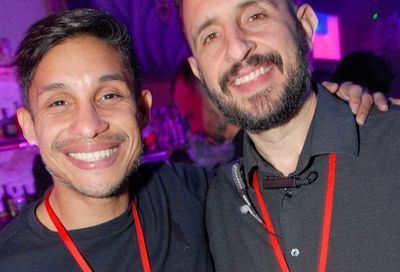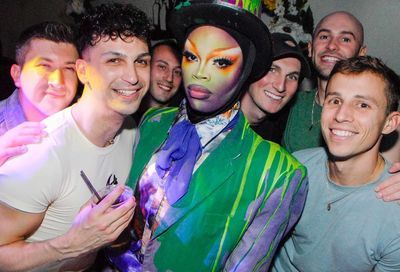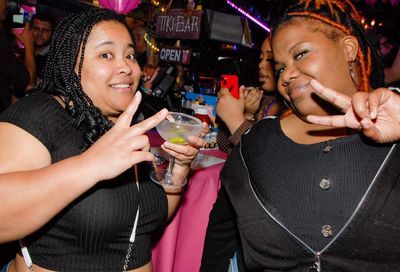City Fund Takes Flak
Groups fault D.C.'s ''critical services'' fund for overlooking LGBT-specific organizations in assigning grants
A coalition of LGBT advocacy groups and service organizations released a statement Monday evening expressing their disappointment that no LGBT-specific groups were named among 58 organizations awarded grants under the City Fund, a $15 million fund intended to provide support for nonprofit organizations that provide ”critical services” to District residents.
Signatories of the letter include The DC Center, the District’s major LGBT community center, whose programming includes efforts to counter violence, drug use and HIV, as well as support LGBT asylum seekers, young people and seniors; the Center for Black Equity; the local community service organization Casa Ruby; the youth-specific organization Supporting and Mentoring Youth Advocates and Leaders (SMYAL); Us Helping Us, which provides support and HIV/STD testing aimed at black men who have sex with men (MSM); Helping Individual Prostitutes Survive (HIPS); and the Human Rights Campaign (HRC), the nation’s largest LGBT rights organization. All of the organizations previously submitted applications to receive grant funding.
The City Fund, formerly known as the Innovation Fund and the One City Fund, was proposed by Mayor Vincent Gray (D) and approved by the D.C. Council in 2013 with the intent of providing financial support for three priorities highlighted by Gray in his One City Action Plan: growing and diversifying the District’s economy; education and preparing the workforce for the new economy; and improving the quality of life for District residents. The fund provides two types of grants – for program support and capacity building – in seven issue areas: education, environment, health, job readiness, senior services, arts and public safety. Organizations may not apply for general operating support.
Under the criteria set forth by the Community Foundation for the National Capital Region, which oversees the City Fund, an organization applying for grant money must have an IRS designation as a 501(c)(3) nonprofit; must be either based in the District, or, if outside of the District, be able to provide documented proof that its services benefit D.C. residents; cannot be an ”advocacy” organization; must have an annual budget of more than $100,000; and must provide documentation of funding sources and audited financial statements as proof of fiscal stability. The amount of a single grant may not exceed $100,000, and may be renewed for up to three years.
”Currently, very few services specifically targeted to the LGBT community are publicly funded in Washington, D.C.,” the groups wrote in their statement. ”This lack of targeted funding is particularly problematic as the LGBT community is dealing with a variety of challenges around HIV/AIDS prevention, treatment and stigma; youth homelessness; healthcare access – including mental health services; disproportionate levels of anxiety, depression and substance abuse; and high levels of unemployment in the transgender community.”
”We are hopeful that the Community Foundation will take a hard look at this issue, and urge the Foundation to learn more about the needs of the LGBT community,” the groups wrote. ”A dedicated public funding stream needs to be made available for programs and services for the LGBT community.”
In an email to Metro Weekly, the Community Foundation defended its selection process, noting that the process was highly competitive. The foundation said that in some cases an organization may have been denied because it did not fit with the guidelines or funding criteria, or did not properly complete the application. Others may have been denied because their application was not considered as strong as another entity’s in a given funding area.
”As with any grantmaking fund, there are finite resources available,” Terri Lee Freeman, the president of the Community Foundation, said in a statement. ”We also recognize there is a great need in our city, as evidenced by the outpouring of grant applications. We received 315 applications totaling over $30 million in requests for this round alone. We were able to fund 58 programs totaling over $3.5 million. That leaves over 250 applications that were unfortunately not accepted for funding in this round, including many wonderful organizations with important missions.”
Freeman also noted in her statement that groups rejected for funding during the first round could apply for capacity-building grants in May 2014, or during two more subsequent rounds of grant-making in the fall of 2014 and the fall of 2015, if an organization would rather pursue a program support grant.
”The grantmaking process for the City Fund and the guidelines for applicants have been clear, visible, and transparent since the announcement of the fund,” Freeman continued. ”We hosted three webinars for applicants in advance of the grant proposal deadline which were open to the public. In these sessions, we walked step-by-step through the guidelines for applying and the grantmaking strategy. We posted all expectations for grantees online.”
”The City Fund is a $15 million fund comprised entirely of public money,” Freeman added. ”The City Fund was set up to target issue areas rather than specific populations. … Funding in each area is intended to serve as wide and diverse a population as possible, including District residents in the LGBT community.”
Freeman also pointed to two organizations, TrueChild and Metro TeenAIDS, as programs that were approved for grant funding that would serve LGBT District residents as part of their programming. TrueChild sponsors a program to combat violence against D.C. transgender youth, and Metro TeenAIDS will involve some LGBT youth as part of its outreach initiatives aimed at educating youth about HIV prevention.
A request for comment from the mayor’s office was not immediately returned.
Support Metro Weekly’s Journalism
These are challenging times for news organizations. And yet it’s crucial we stay active and provide vital resources and information to both our local readers and the world. So won’t you please take a moment and consider supporting Metro Weekly with a membership? For as little as $5 a month, you can help ensure Metro Weekly magazine and MetroWeekly.com remain free, viable resources as we provide the best, most diverse, culturally-resonant LGBTQ coverage in both the D.C. region and around the world. Memberships come with exclusive perks and discounts, your own personal digital delivery of each week’s magazine (and an archive), access to our Member's Lounge when it launches this fall, and exclusive members-only items like Metro Weekly Membership Mugs and Tote Bags! Check out all our membership levels here and please join us today!



